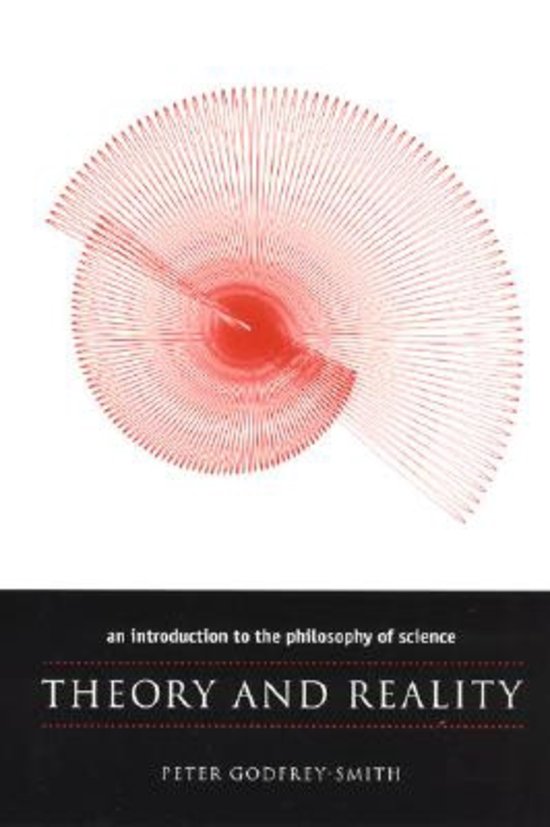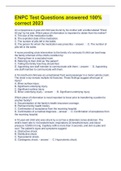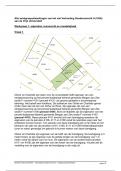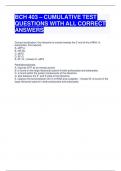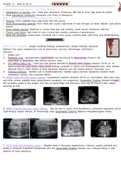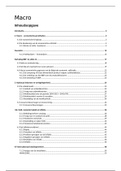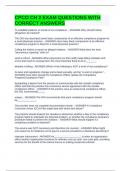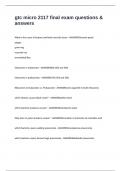OF SOCIAL SCIENCE -
LITERATURE
Contents
Theory and Reality – Peter Godfrey................................................................................................................... 2
1. Introduction............................................................................................................................................... 2
1.1 Setting out............................................................................................................................................ 2
1.2 The Scope of the Theory....................................................................................................................... 3
1.3 What Kind of Theory?........................................................................................................................... 3
1.4 Three Answers, or Pieces of an Answer................................................................................................ 4
1.5 Historical Interlude: A Sketch of the Scientific Revolution....................................................................5
2. Logic Plus Empiricism.................................................................................................................................. 5
2.1 The Empiricist Tradition........................................................................................................................ 5
2.2 The Vienna Circle (1920-1930).............................................................................................................. 6
2.3 Central Ideas of Logical Positivism........................................................................................................ 6
2.4 Problems and Changes......................................................................................................................... 7
2.5 On the Fall of Logical Empiricism.......................................................................................................... 7
3. Induction and Confirmation........................................................................................................................ 7
3.1 The Mother of All Problems.................................................................................................................. 7
3.2 Induction, Deduction, Confirmation, and Explanatory Inference..........................................................7
3.3 The Ravens Problem............................................................................................................................. 9
3.4 Goodman’s “New Riddle of Induction”................................................................................................. 9
4. Popper: Conjecture and Refutation............................................................................................................ 9
4.2 Popper’s Theory of Science................................................................................................................... 9
4.3 Popper on Scientific Change............................................................................................................... 10
4.6 Further Comments on the Demarcation Problem............................................................................... 10
1
,5. Kuhn and Normal Science......................................................................................................................... 10
5.1 “The Paradigm Has Shifted”................................................................................................................ 10
5.2 Paradigms: A Closer Look.................................................................................................................... 11
5.3 Normal Science................................................................................................................................... 11
5.4 Anomaly and Crisis............................................................................................................................. 12
5.5 Wrap-up of Normal Science............................................................................................................... 12
6. Kuhn and Revolutions............................................................................................................................... 12
6.1 Considerable Upset............................................................................................................................ 12
6.2 Revolutions and Their Aftermath........................................................................................................ 13
6.3 Incommensurability, Relativism, and Progress...................................................................................13
12. Scientific Realism.................................................................................................................................... 13
12.2 Approaching Scientific Realism......................................................................................................... 13
12.3 A Statement of Scientific Realism..................................................................................................... 14
12.4 Challenges from Traditional Empiricism............................................................................................ 14
12.5 Metaphysical Constructivism............................................................................................................ 15
12.6 Van Fraassen’s View......................................................................................................................... 15
13. Explanation............................................................................................................................................. 16
13.1 Knowing Why.................................................................................................................................... 16
13.2 The Rise and Fall of the Covering Law Theory of Explanation...........................................................16
13.3 Causation, Unification, and More..................................................................................................... 17
Theory and Reality – Peter Godfrey
1.Introduction
1.1 Setting out
We’ll look at a hundred years of argument about what science is, how it works, and what makes
science different from other ways of investigating the world.
Philosophy is an attempt to ask and answer some very basic questions about the universe and our
place within it.
2
, 1.2 The Scope of the Theory
If we want to understand how science works, it seems that the first thing we need to do is work out
what exactly we are trying to explain.
o Where does science begin and end?
o Which kinds of activity count as ‘science’?
We should not be surprised that people constantly argue back and forth about which kinds of
intellectual work count as science.
Around the seventeenth century, when modern science began its rise, the fields that we would now
call science were more usually called “natural philosophy” (physics, astronomy, and other inquiries
into the causes of things) or “natural history” (botany, zoology, and other descriptions of the
contents of the world).
o Over time, the term “science” came to be used for work with closer links to observation and
experiment, and the association between science and an ideal of conclusive proof receded.
o The current sense of the term “science” and the associated word “scientist” are products of
the nineteenth century.
However we choose to use the word “science”, in the end we should try to develop both:
o A general understanding of how humans gain knowledge of the world around them
And
o An understanding of what makes the work descended from the Scientific Revolution
different from other kinds of investigation in the world.
One of the hazards of philosophy is the temptation to come up with theories that are too broad and
sweeping.
o “Theories of science” need to be scrutinized with this problem in mind.
1.3 What Kind of Theory?
Within the philosophy of science, we can distinguish between epistemological issues and
metaphysical issues (as well as issues that fall into neither category). Philosophy of science overlaps
with both of these.
o Epistemology is the side of philosophy that is concerned with questions about knowledge,
evidence, and rationality.
o Metaphysics, a more controversial part of philosophy, deals with general questions about
the nature of reality.
A distinction that is very important is the distinction between descriptive and normative theories.
o A descriptive theory is an attempt to describe what actually goes on, or what something is
like, without making value judgements.
o A normative theory does make value judgements; it talks about what should go on, or what
things should be like.
o Some theories about science are supposed to be descriptive only. But most of the views we
will look at do have a normative element, either officially or unofficially.
3

